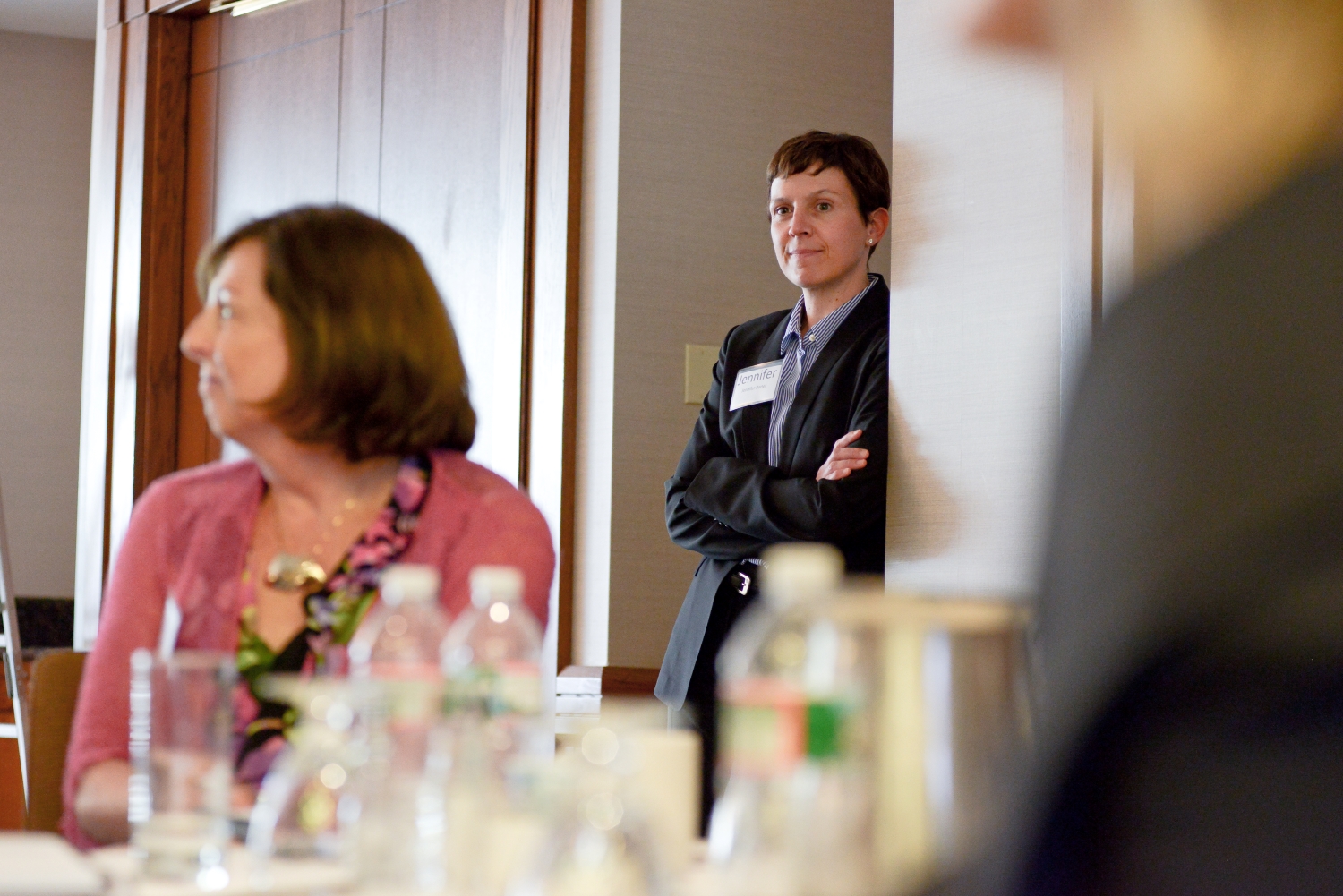In our work with leaders and teams, the most common issue raised around relationship challenges is trust.
Trust is our belief that another person has the character and competence to accomplish an important priority.
At best, our trust is warranted, appreciated, and reciprocated. At worst, our trust is challenged or even violated. Low trust taxes our interpersonal relationships, health (mental and physical), and productivity.
According to research from the Center for Neuroeconomics Studies, employees in organizations where trust is high are more productive, have more energy at work, collaborate better with their colleagues, and stay with their employers longer than people working at low-trust companies.
They also suffer less chronic stress and are happier with their lives. These factors fuel engagement, retention, and stronger performance.
Creating a culture of trust doesn’t just have psychological and interpersonal benefits. It has, what author and public speaker Stephen M.R. Covey calls “organizational trust dividends” including: increased stakeholder value, accelerated growth, enhanced innovation, improved collaboration, stronger partnering, better execution, and heightened loyalty.

In this interactive workshop, participants will learn the behaviors and attitudes that inspire or erode trust—interpersonally and organizationally—as well as how to address behaviors in others that impact trust.
In this session, participants will:
- explore what trust means
- unpack and reflect on existing relationships with deep mutual trust
- learn the differences and similarities between trust and psychological safety
- identify six ways in which a foundation of trust is built
- learn how trusting behaviors, unchecked and overused, can lead to unconscious bias
- identify and articulate the deposits and withdrawals that make up their own personal “Trust Bank Accounts”
- develop an action plan to put these practices into action
Understanding and intentionally building trust is not only possible, it’s imperative for a leader to be effective.

